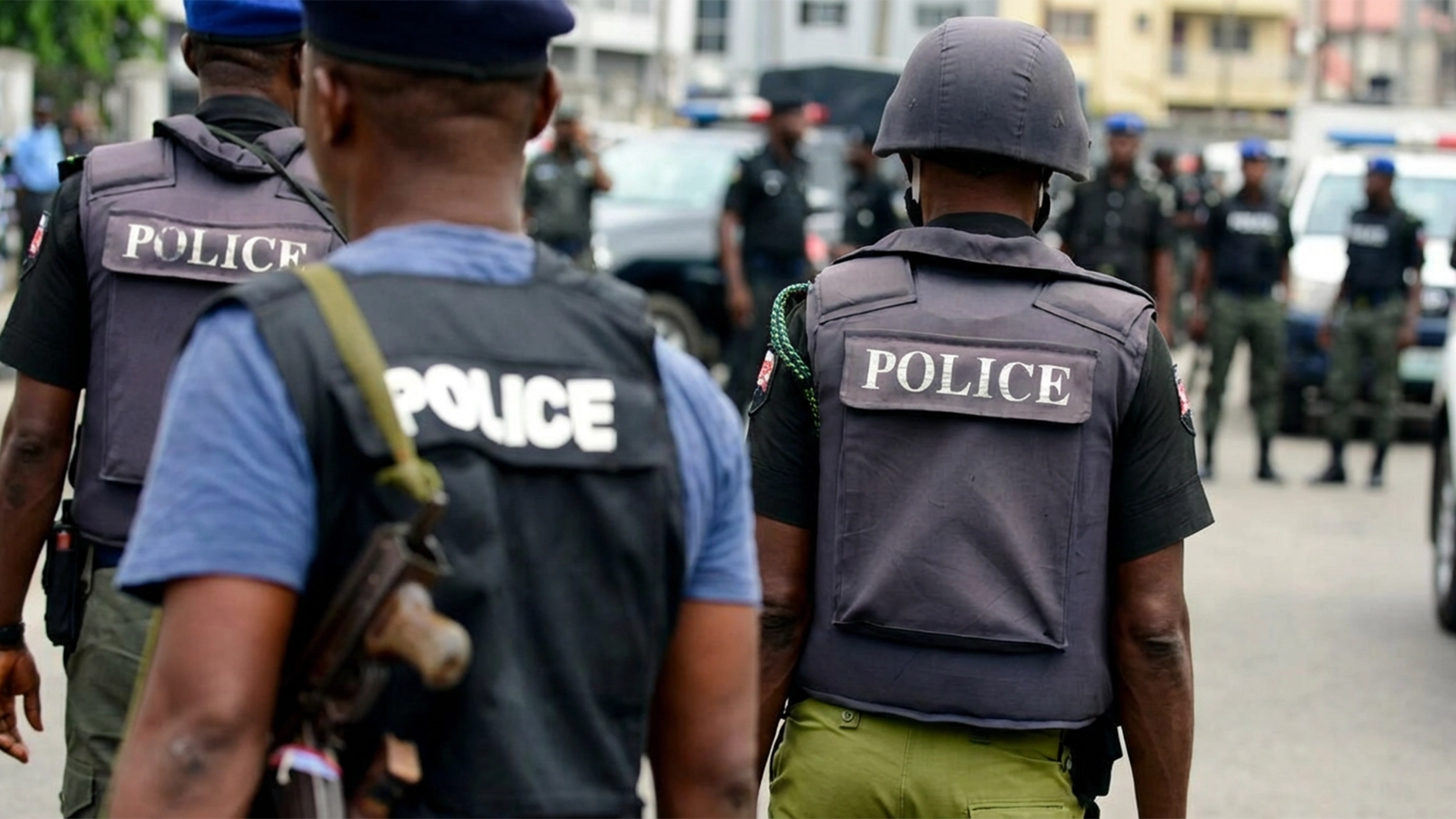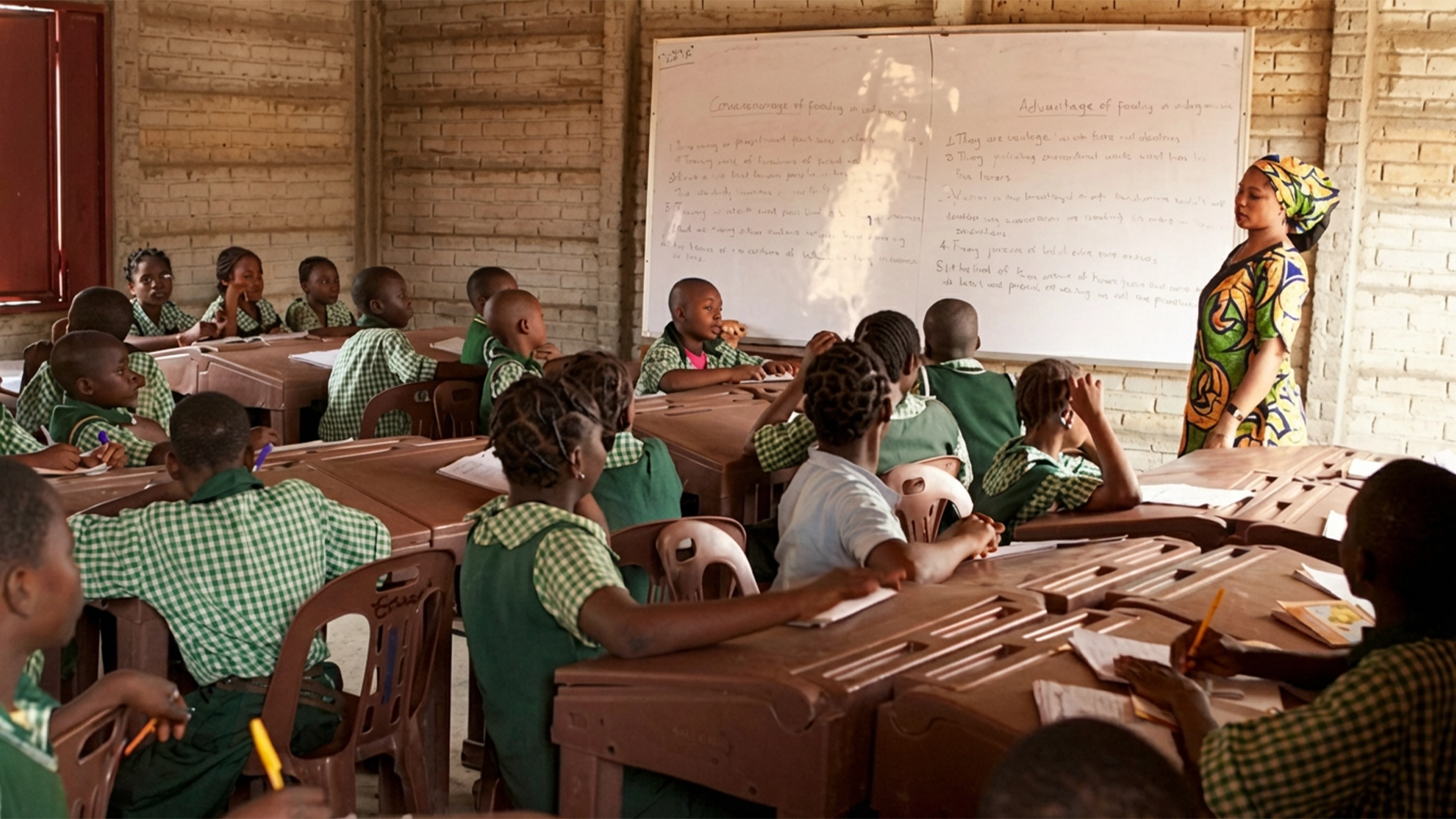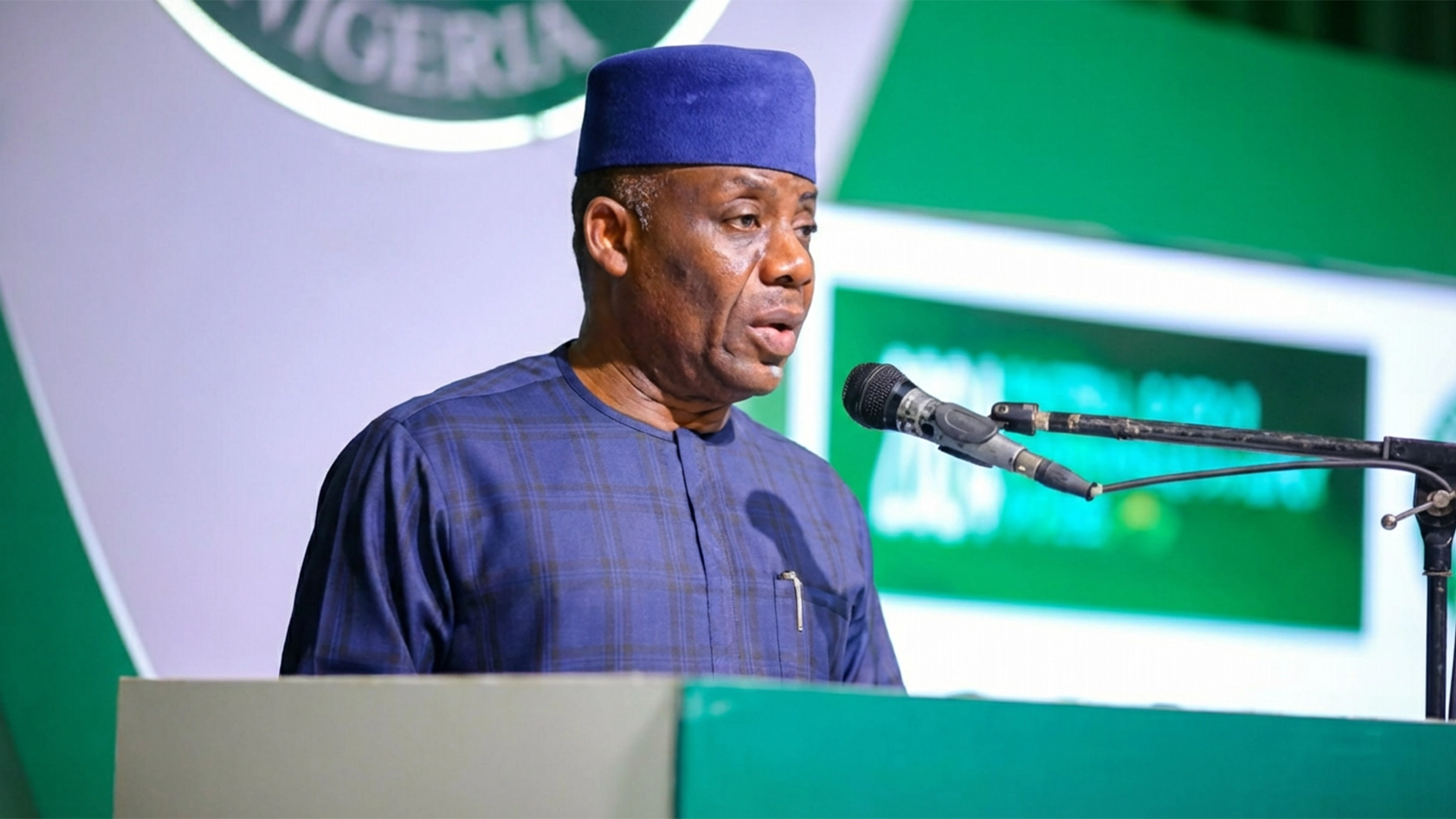
President Bola Ahmed Tinubu’s admonition to Nigeria’s security organisations to work in unison is core to the success of the war against terrorism and other criminality ravaging the country. After holding a meeting with the heads of the agencies, he reportedly advised them against working at cross-purposes and colliding with each other. He added that “you cannot have disharmony in an orchestra; [therefore] we must focus on one tunnel, coordinate, share information, share intelligence and work harder.’’ The president is absolutely right. A security system in which ‘the right hand does not know what the left hand is doing’ is simply guaranteed to fail in its mandate. But even worse, it is dangerous for the country, as was obvious in the Buhari administration.
It is not a surprise though that Tinubu shows firmness in the matter of national security. First, the ‘primary purpose,’ the raison d’être, of his government, and indeed any other in this polity, is in the words of Section 14(20(b) of the Constitution, ‘the security and welfare of the people…’. Second, in both the 80-page Renewed Hope 2023: Action Plan for a better Nigeria that may be rightly taken as a working document of his government, and in his inaugural speech, the president dwelt on the urgent need to, under his watch, secure this country. National security as ‘the bedrock of a prosperous and democratic society’ takes up the first five pages of the first chapter of the document.
The new administration commits itself to ‘‘mobilise the totality of our national security, military and law enforcement assets to protect all Nigerians from danger and from the fear of danger…[and we] will expand and improve upon the use of technology, enhance recruitment of personnel, and bolster existing agencies and systems to achieve this fundamental national security goal.’’
With specific reference to security intelligence, Tinubu promised to adopt a proactive and intelligence driven security approach to sufficiently address the nation’s security threats…’. A six-point strategy to ‘redefine military doctrine and practice ‘‘is also copiously articulated. This ranges from combating terrorism and other acts of criminality and equipment upgrade through improved remuneration and welfare for security personnel, to measures to ‘win the hearts and minds [of ] communities distressed by terrorists and other violent groups.’’ Besides, ‘a highly trained and disciplined anti-terrorist battalion (ABATT) with special forces or units…’ is proposed. The intention to improve the welfare of the men and women in the security services is noteworthy and commendable. It is a well-known fact that weapons alone do not win battles; only well motivated fighters do. So this particular commitment should be implemented without delay even if incrementally as national resources permit.
Third, on May 29, the president reaffirmed his commitment, saying that ‘security shall be the top priority of our administration because neither prosperity nor justice can prevail amidst insecurity and violence.’ Again he is right. He went on to promise a reform of the ‘doctrine’ and ‘architecture’ of national security, ‘invest more in our security personnel…[and] provide better training, equipment, pay, and firepower.’
These statements of good intentions are quoted in order to remark that indeed, Mr. Tinubu appears to have a reasonable grasp of the concept of national security and he does not come to it ill-prepared. In addition, Nigerians will, as he has charged them to do so, ‘hold us firmly to account’, continuously assess his government on the strength of his promises.
The lack of synergy among Nigeria’s security forces has limited their separate and collective effectiveness; it has also been a cause of publicly expressed concern by high public officials. In response to this serious flaw in the security architecture and operational effectiveness as well as its destructive consequences for life and property, the Federal Government, in November 2017, reportedly created an ‘intelligence fusion centre’ in Maiduguri for the purpose of gathering and sharing intelligence among the security forces. Apparently, there has been little result to show for it.
A few months later, in February 2018, the then President Buhari had cause to admonish all law enforcement agencies to take intelligence gathering and sharing ‘more seriously’. He especially charged the Police and the DSS to ‘step up their efforts and capacity in this regard.’ The Nigeria Police Force is a critical factor in intelligence gathering. The Police, as the first line in the maintenance of internal civil security, are closest to the communities. The organisation is therefore well placed to gather security information.
In July 2022, Buhari again expressed his disappointment with the underperformance of the intelligence system when, on a visit to the Kuje Medium Security Custodial Centre in Abuja where terrorists freed about 600 inmates, he wondered aloud: ‘How can terrorists organise, have weapons, attack a security installation and get away with it?’ Even his convoy was once attacked in his home state of Katsina.
The sole purpose of both the Nigeria Police Force, the Armed Forces of the Federation, and any other security agency is to, separately and together, within the bounds of the law, secure the life and property within, and the territorial integrity within Nigeria. To this end, it stands to reason that information sharing and operational collaboration are necessary for their separate and collective success – in keeping with their respective mandates, and for the sake of their country.
This justifies, inevitably, the trite argument for devolution of powers including local policing at state and local government levels. But that alone will not do. The appointment of ‘round pegs in square holes,’ in a manner of speaking’ cannot make for a result-oriented security doctrine, architecture or apparatus. Merit, not who-knows-who but who-knows-what, why and how must define appointments to leadership positions in the security forces. In the last eight years especially, but occasionally before then, incompetent persons have been entrusted with the duty to secure the lives and property of Nigerians. They failed woefully. Tinubu’s record supports an expectation that he will do what is best for his country – and his own good name.
Tinubu has no reason to not bring to reality his firm instruction to the security agencies. Indeed, according to Michael Chandler (2001) referenced by Oladayo Bolawole Olajuwon in a November 2018 research paper, cooperation, communication, coordination, and information sharing is essential to the effectiveness of security agencies.
The point must also be made that even though security is largely the responsibility of professionally trained security agencies, useful information that assist them is a duty of every person and group of society, including the National Assembly with its oversight functions on the security agencies, non-state actors such as the civil society that ‘articulate the public demand for safety and security.’ The media, the policy analysts, the professional and special interest groups who interact regularly with the populace are ‘integral parts of the security sector (and they) have tremendous impact on how (the citizens) perceive and experience security’, the scholar posited,
Irrespective of the well-articulated speeches and position papers on security, the quality of leadership will define and determine the performance of Tinubu on this primary purpose of his government. To this end, political will, personal involvement, and consistent monitoring of adherence to his instructions will make a lot of difference for good.






